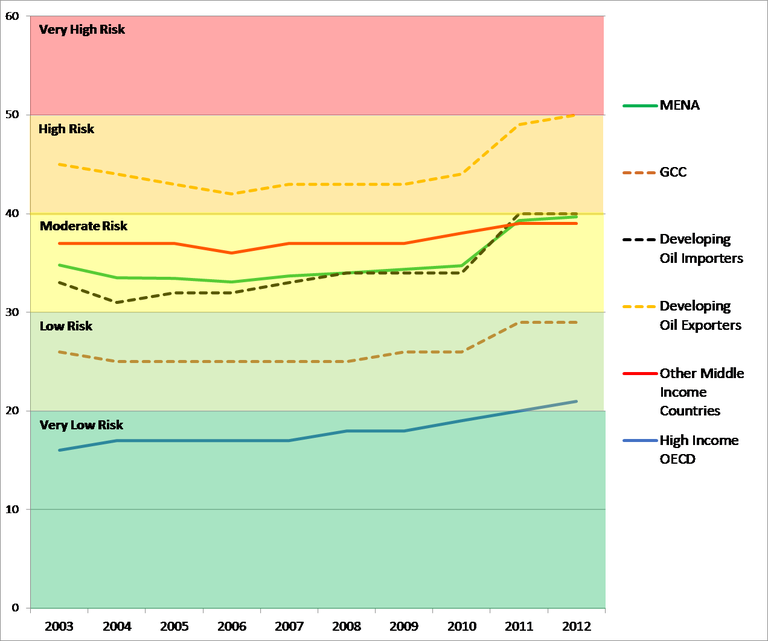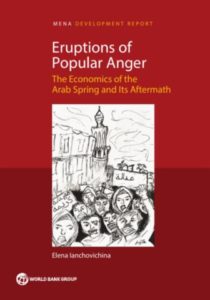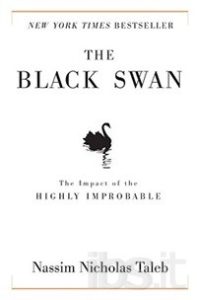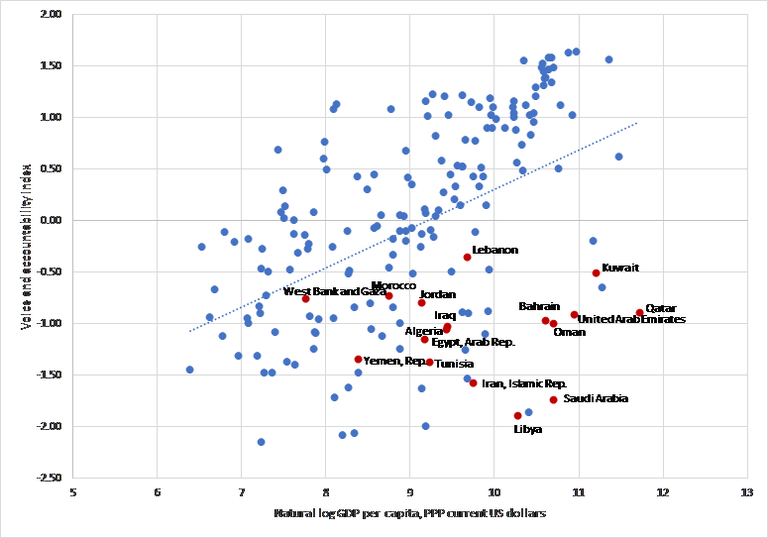
Figure 1. Political instability index, 2000-2012
The Arab Spring surely satisfies the three criteria for a black swan event: surprising, historically consequential, and rationalized by hindsight, notes the World Bank’s Elena Ianchovichina, author of Eruptions of Popular Anger:
- First, its onset, triggered by the self-immolation of a Tunisian street vendor, caught the world by surprise. Most Arab states had been thought to be more stable than other developing countries (Figure 1). Political dissent and instability were suppressed by longstanding autocratic governments (Figure 2). …To most observers, the fragility of the Arab state was masked, although hidden risks had been accumulating for years.
 Second, just as in the case of other black swans, the Arab Spring’s impact was massive. In Egypt, Libya, Tunisia, and Yemen, the uprisings overthrew authoritarian governments and launched a period of difficult transitions. In Syria, Libya, and Yemen, the rebellions turned into prolonged civil wars with devastating consequences for civilians. The spillover effects of the post-Arab-Spring wars have been felt in neighboring countries, other countries in the Middle East and North Africa, and beyond.
Second, just as in the case of other black swans, the Arab Spring’s impact was massive. In Egypt, Libya, Tunisia, and Yemen, the uprisings overthrew authoritarian governments and launched a period of difficult transitions. In Syria, Libya, and Yemen, the rebellions turned into prolonged civil wars with devastating consequences for civilians. The spillover effects of the post-Arab-Spring wars have been felt in neighboring countries, other countries in the Middle East and North Africa, and beyond.
- Third, many explanations for the Arab Spring emerged after the fact. Some of the explanations put forward were high economic inequality, the rising expectations of young people, a squeezed middle class, high food prices, lack of inclusion, and the list goes on.
 In the aftermath of the Arab Spring, deep regional, ethnic, and sectarian divisions in countries without well-developed governance institutions for power sharing and fair dispute resolution set the stage for intense political violence, she writes for the Brookings Institution:
In the aftermath of the Arab Spring, deep regional, ethnic, and sectarian divisions in countries without well-developed governance institutions for power sharing and fair dispute resolution set the stage for intense political violence, she writes for the Brookings Institution:
In the countries where stability has returned, the Arab Spring is felt through reforms undertaken to improve the fiscal situation and address the structural issues that led to the economic decline in the first place. Promoting private-sector development and economic inclusion is a top priority for governments across the region. Yet, it is important not to forget that improving transparency, accountability, and the voice of the public is also crucial.
Repressing voice to achieve stability could set the stage for another black swan in the Middle East and North Africa, she concludes. RTWT

Figure 2. Voice and accountability and GDP per capita, 2010







